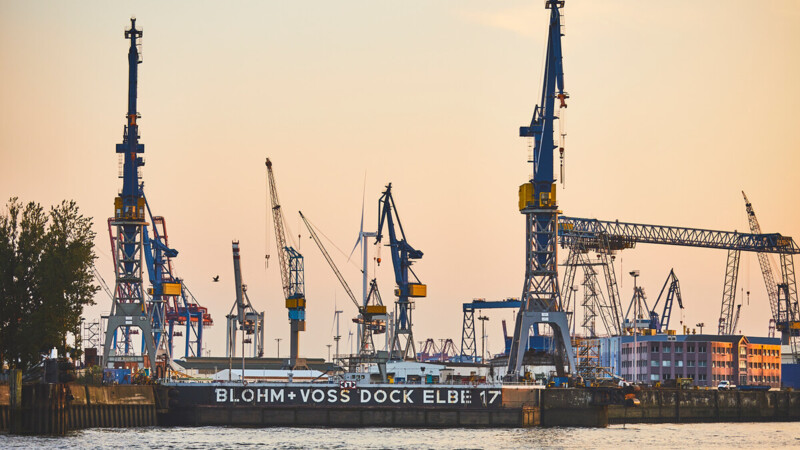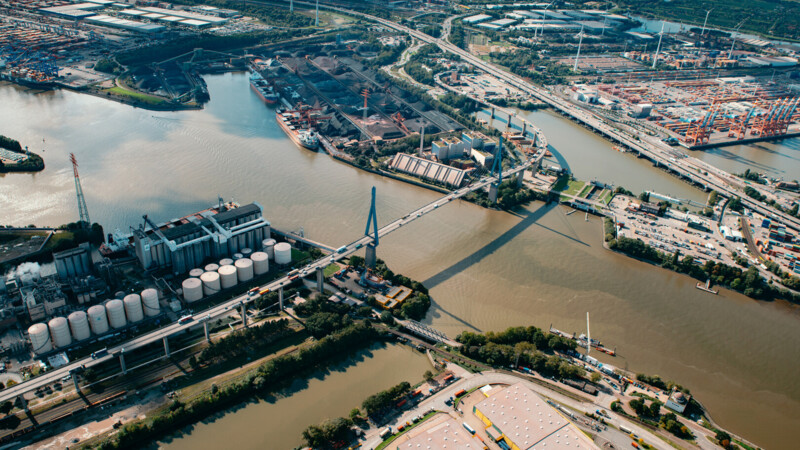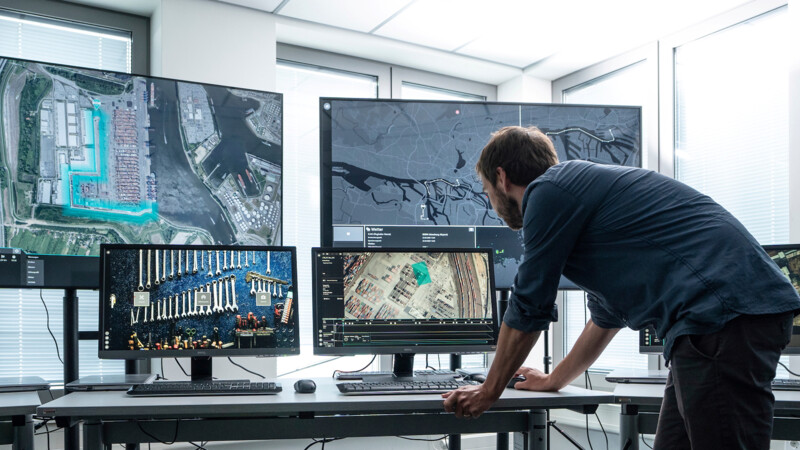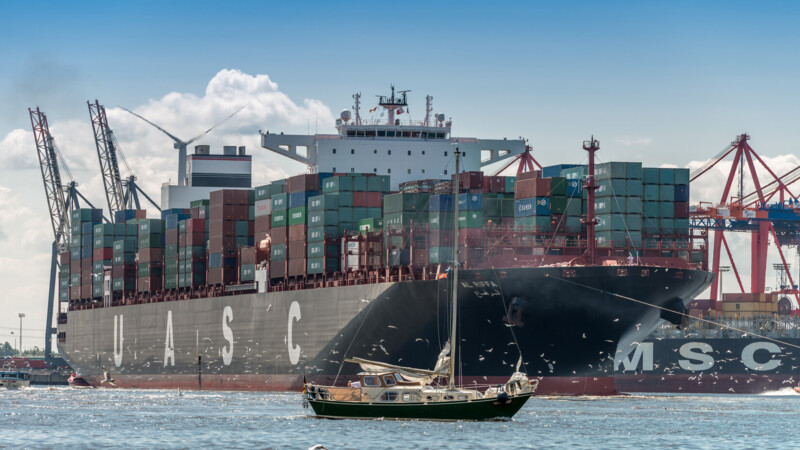Potential for co-operation exists in "stronger joint lobbying for northern German infrastructure projects, joint marketing of northern German seaports and strengthening the role of ports in a CO2-neutral economy," said Norbert Aust, President of the Hamburg Chamber of Commerce. The automation of port handling processes, the reduction of port call costs and a reform of import turnover tax could be best advanced collectively. Eduard Dubbers-Albrecht, President of the Bremen Chamber of Commerce, stressed: "Only through joint efforts can the north German seaports regain market share and secure employment in the face of increasingly fierce competition."
The Chambers of Commerce in Hamburg and Bremen have come out in favour of co-operation among north German ports in a recently-published a position paper. The efficiency and productivity of the seaports of Hamburg, Bremerhaven and Wilhelmshaven must be strengthened in view of stiff competition from Rotterdam, Antwerp and Gdansk, it said. Talks on co-operation should not be limited to a possible merger of the major container terminal operators Eurogate and HHLA and would benefit other areas also.
Infrastructure, sustainability
Calls for expanded infrastructure
Port companies concerned should negotiate possible collaborations now and without political influence. "Direct political influence would mean interfering with market-based mechanisms," Aust pointed out. However, efforts are expected from the political sphere in terms of infrastructure development. Dubbers-Albrecht noted: "Projects such as the A20, the A26, the further expansion of rail infrastructure to strengthen port hinterland connections and the Weser fairway adjustment are basic prerequisites for northern Germany as a centre of ports."
tn/sb/pb
Sources and further information
More
Similar articles

EU's Smooth Ports to reduce emissions

EUR 15 million for digital test field in Port of Hamburg

HHLA Sky and HPA form technology partnership in port
